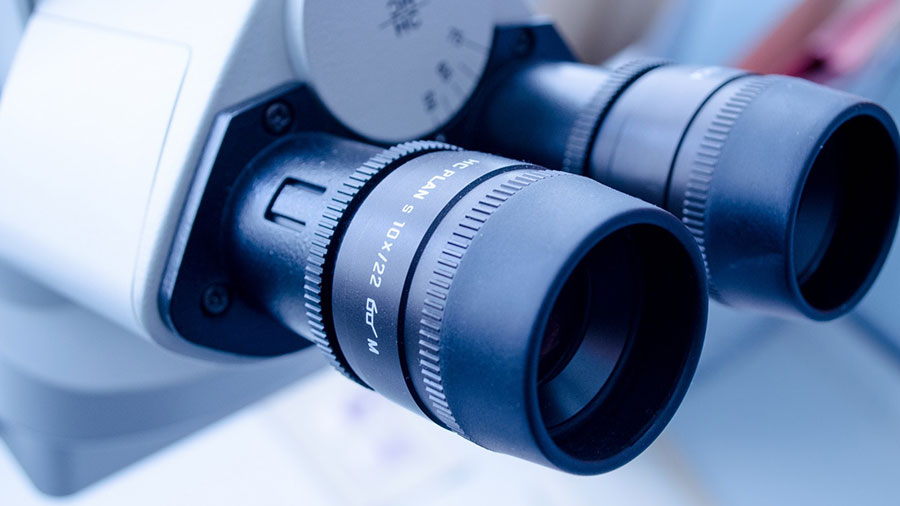Government Grants, Tax & Advisory
Should there be changes to the R&D Tax Incentive?
By Shoaib Naveed | Consultant – R&D Services
Innovation & Science Australia (ISA) says yes. Its recent report, ‘Australia 2030: Prosperity through innovation – A plan for Australia to thrive in the global innovation race’ released this year, highlights several recommendations to the Federal Government on how to improve Australia’s ranking when it comes to global innovation and industry. As part of its report, the ISA panel amended some of the changes proposed in the Federal Government’s Review of the Research & Development Tax Incentive, which took place in 2016.Where does Australia rank globally for innovation?
The Global Innovation Index ranks Australia 23rd out of 127 nations for research performance. However, when it comes to Australia’s innovation efficiency and how we utilise our research to generate business investment, Australia is disappointingly ranked at 76th. According to ISA’s Chairman, Bill Ferris, “At [a] time when Australia needs to accelerate its innovation performance, we are falling behind our global peers, particularly in student performance in science and mathematics, and in business investment, in research and development. This is more than a canary chirp in our economic mineshaft: it is a clarion call for national action.”What are the ISA panel’s recommendations for the R&D Tax Incentive?
In the report, the ISA panel put forward 30 recommendations to improve and strengthen Australia’s innovation performance. Among these, there are five key policy recommendations for the R&D Tax Incentive program:1: Rewarding national priorities
The ISA panel recommends that the Federal Government needs to refocus its financial support for businesses from indirect measures, such as R&D tax incentives, to more direct measures, such as grants, in areas of competitive strength, strategic benefits and national priorities. In particular, the ISA panel recommends developing new guidance, case studies and public rulings to further strengthen the R&D Tax Incentive. Additionally, the ISA panel recommends increasing the funding for the Export Market Development Grant program, along with more trade missions and promotions, that will ultimately benefit small and medium-sized enterprises.2: Capping R&D tax offsets
The ISA report suggests that the refundable offset cap of $2 million, proposed in the original 2016 Review of the R&D Tax Incentive, should be increased to $4 million per year and that a lifetime refund cap of $40 million per company should be introduced. This will incentivise companies, to increase their R&D expenditure within Australia, whilst taking full advantage of the increase in the refundable offset cap. However, it’s important to note that the lifetime refund cap of $40 million could potentially have an impact on certain research sectors, mainly startup medical companies. When undertaking research, there’s the potential for high costs and losses, with a number of research projects never coming to fruition. This could be financially limiting for companies that incur a significant amount of expenditure through undertaking numerous research projects annually. Additionally, it should be noted that the refund cap change does not apply to companies that have a turnover of over $20 million, as they already are applicable for a non-refundable tax offset.3: Intensity thresholds for large companies
The ISA report proposes to introduce a change in how the ‘intensity threshold’ applies to companies applying for the R&D Tax Incentive. This change would incentivise companies (especially large companies) to conduct more R&D activities within Australia. The ISA proposes setting a trigger level of one percent of a company’s total annual expenditure when claiming the R&D Tax Offset as opposed to the original expenditure threshold that had to be met.



